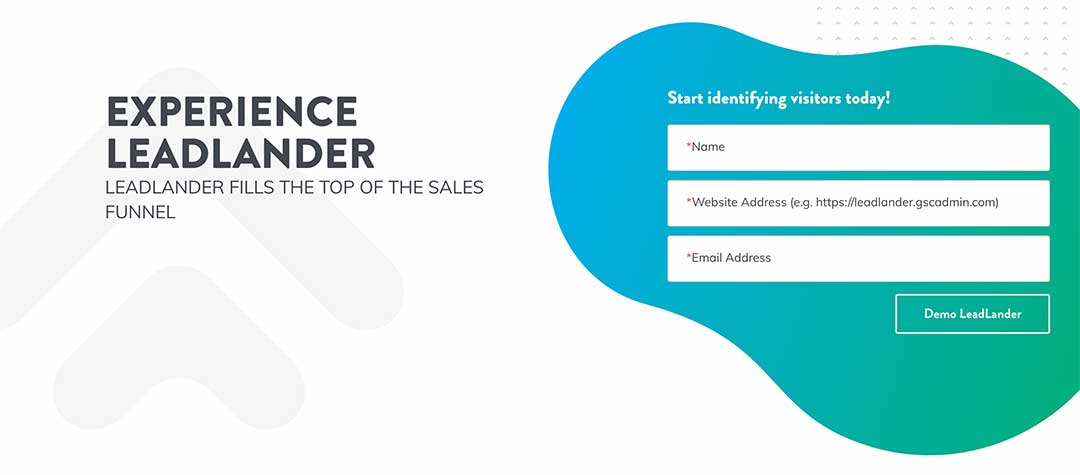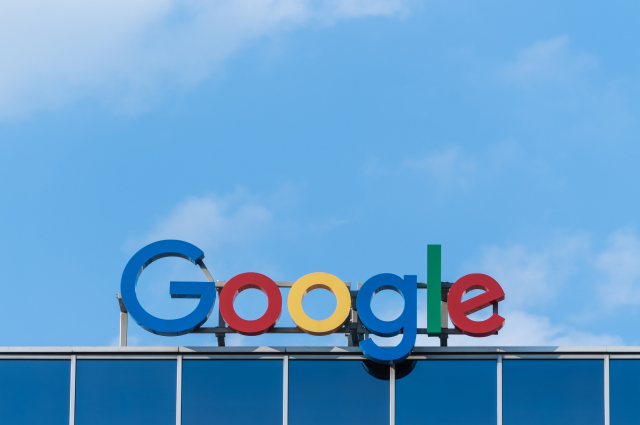Digital marketing has become an essential component of virtually every modern company’s marketing strategy. 81% of businesses use social media marketing, 78% have a website, and 69% use email marketing. Companies are also reaching out to their customers digitally through blogs, YouTube videos, and a wide variety of additional digital marketing techniques. Many companies have embraced digital marketing because of its business value – the average ROI for an email marketing campaign is 122%.
However, the effectiveness of digital marketing campaigns relies heavily on consumer data. And consumers now think differently about how their data is being harvested and used online. That’s led to the passage of modern privacy legislation in places like the EU (GDPR) and California (CCPA).
It’s against this backdrop that Google is releasing a new API for Chrome called FLoC. It promises to provide companies with a new way to market themselves digitally that’s more attuned to modern consumer privacy expectations.
But what is FLoC? How does it work? And what will Google’s shift towards privacy-based online advertising mean for your company? Let’s dive in.
Consumer Privacy Expectations Are Shifting
In the early days of digital marketing, consumers weren’t as conscious of how their data was being harvested and used by the companies they interacted with online. But that’s changing. Here are a few different consumer privacy expectations that are starting to materialize.
The importance of data ethics
The modern consumer understands that their data will be collected when they go online. To some extent, it’s accepted. It’s not so much the collection of data that matters to consumers, but rather how companies are using that data.
People are getting savvier about the acceptable uses of their data. They want businesses to be transparent about data usage – and they want the option to opt-out. Going forward, it will become increasingly important for companies to use this data in ethical ways, and to provide consumers with an opt-out option to select if they’re uncomfortable with how a company might use their data.
Business needs to embrace continuous, holistic privacy protection methods
As consumers become more aware of data privacy, companies will need to be more vigilant about their processes. This can be challenging because consumer data is often used by several teams across an organization.
Developing a holistic data oversight strategy is a must for companies engaged in digital marketing today. You need to identify who is using what data in your organization and develop methods for monitoring how that data is used in your company.
Data privacy laws will become more prevalent
We’ve already seen several major data privacy laws passed. Two of the most recent examples are Europe’s GDPR and California’s CCPA. Each imposes new requirements for how companies can interact with consumer data.
As data privacy issues become increasingly commonplace, we should expect to see more legislation like the GDPR and the CCPA passed. Your company can get ahead of this by embracing more conscientious data collection and usage practices now.
Third-Party Cookies Will Be Phased Out
Traditionally, third-party cookies are used to collect consumer data and fuel digital advertising practices. But Google announced in early 2020 that they would begin phasing them out of their products. In its announcement, the company said that it no longer believed that data collected via third-party cookies aligned with consumers’ modern data privacy expectations.
You may or may not be familiar with third-party cookies, but what you should know is its significance in digital marketing – especially when you consider that Google Chrome makes up more than 56% of the global web browser market.

So What Is Google Chrome’s New API? FLoC’s Method Of Targeting Customers
Google is known for innovating, and that’s what the company is doing in the digital marketing space. One of the responses to shifting consumer privacy expectations is the release of Google Chrome’s new API, FLoC. FLoC stands for Federated Learning of Cohorts. You should think of it as an alternative to third-party cookie-based advertising.
The general idea is that with FLoC, consumer data no longer needs to be analyzed on an individual level. Instead, consumers will be placed into cohorts with other consumers who display similar interests. With FLoC, a company could market its products or services to a cohort that matches its target audience rather than individual consumers.
For example, imagine you own a business selling pet products. You might want to use digital marketing outreach to get your products in front of customers that you know are interested in dog food.
Traditionally, you would use third-party cookies to find consumers that match the profile you’ve created of your ideal customer. But with FLoC, you would be marketing to an entire cohort of individuals who fit that profile.
LeadLander Can Help You Remain On Top Of These Changes
Sign Up For A Free Trial
What Google Chrome’s New API Means For Consumers
Google Chrome is shifting to the FLoC API as a direct response to consumer data privacy preferences. The company’s goal in creating FLoC was to allow modern digital marketing practices to continue in a way that aligns with modern digital privacy expectations.
But there’s been mixed feedback about whether Google’s big shift is beneficial to consumers. On the one hand, companies will no longer be able to use third-party cookies on Google Chrome to collect swathes of user-specific data.
However, companies that wish to do so may still find it very easy to identify specific users from cohorts. Google has stated that the vast majority of cohorts will have thousands of people in them. But if a company was interested in doing so, they wouldn’t find it very challenging to differentiate those users from one another — especially with modern fingerprinting capabilities.
What FLoC Means For Your Company
Google has stated several times that FLoC can be nearly as effective as traditional digital advertising. The company cites tests it ran, showing that FLoC can provide at least 95% of the conversion per dollar spent compared to cookie-based advertising. So if you’re willing to take Google’s word for it, it seems as though this switch won’t severely impact your company’s digital marketing practices.
That said, you should be aware of Google’s FLoC transition timeline. The company announced that it would cease offering Google Ad buying tools that track individuals as they browse the web in 2022. That means if your company wants to continue collecting data on the browser, it will need to do so through Google Chrome’s new API.
You might be wondering what this will look like when the change occurs. Google said that marketers would be able to use their technology to identify cohorts that they find valuable.
Each cohort will receive a unique identifier. Your company will be able to use its preferred methods to identify which cohort identifier aligns with its target audience. Then, your company can promote its products or services to the cohort identifiers that it’s chosen in much the same way that it does now.

Remember, FLoC Is Independent Of Data Privacy Legislation
The introduction of Google Chrome’s new API signifies a big shift in how digital marketing will work in the not-so-distant future. But it’s important to remember that this shift will occur independently of data privacy legislation, such as the GDPR and the CCPA.
As you adjust to FLoC-based advertising, keep in mind that additional changes may be required to keep your company in-line with the data privacy legislation in your area. It’s also worth pointing out that you’re under no obligation to use FLoC-based advertising if you don’t wish to do so.
LeadLander Can Help You Remain On Top Of These Changes
We’re living through a significant shift in the digital marketing landscape. Consumers care more about data privacy than ever before, and legislative bodies are passing laws to protect those rights. At the same time, companies like Google are introducing new forms of advertising that attempt to address these concerns.
Amidst these changes, it can be challenging to verify if your business is wielding its data ethically while also leveraging its digital marketing campaigns. One solution to this problem is to tap a service like LeadLander.
LeadLander makes it easy to maximize your digital impact without using consumer data in unethical ways. Our platform will help you identify anonymous web visitors and get the information that you need to move them through your sales funnel more effectively.
We’re currently offering a free 14-day trial of LeadLander so that you can try the tool without having to risk a thing. It could be just what you need to start getting more out of your digital marketing campaigns.

